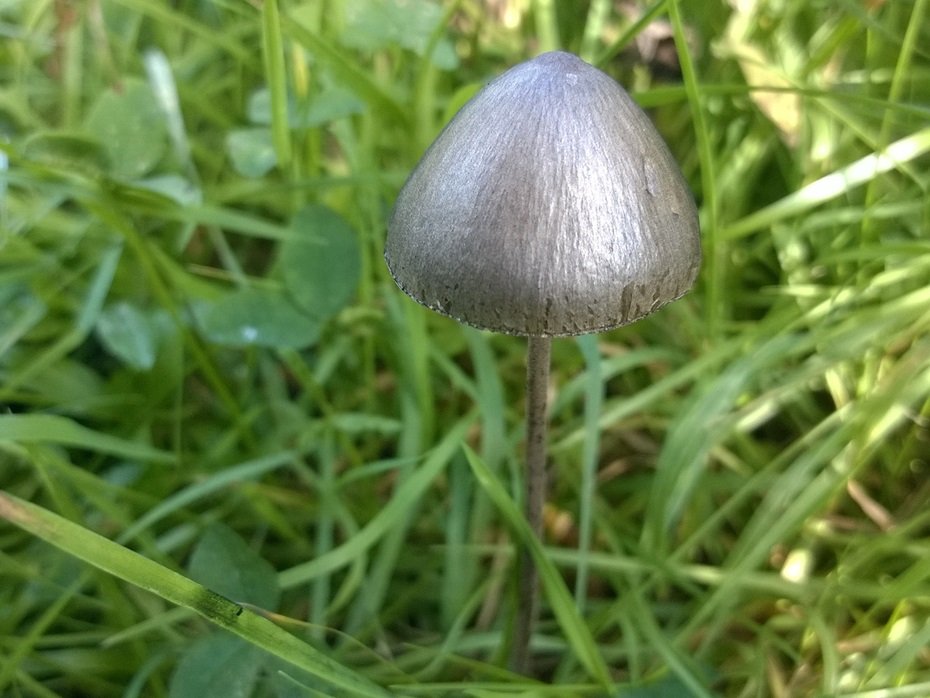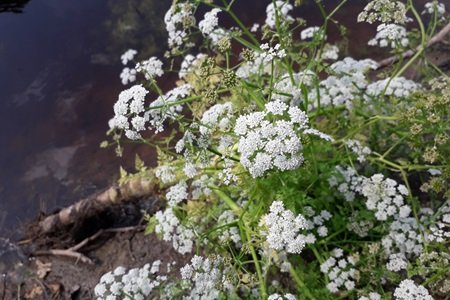Fran's Blogs
Care versus control

The modern human, Homo sapiens, in theory exhibits some of the most complex intelligence as a species, including being able to create other forms of artificial intelligence. It’s incredible really when you think about what evolution can do. Human intelligence also comes in multiple forms – academic, emotional, spatial, inter-personal etc. – and integrating a range of these intelligences is often better than displaying just one form. Frequently, humans forget what a privileged position it is to have evolved in this way, and that this position by its very nature bestows a duty of care. We also forget that that ours is not the only form of intelligence.
The tendency of the human species is to assume that as one of the highest functioning ‘intelligent’ species on earth, what we decide as the best course of action must be right for all other forms of life. However, increasingly science is acknowledging that there are myriad other forms of cleverness in our natural world which through their collaborative and community building processes may in some ways display greater intelligence than humans.
From squid to bacteria, elephants to mycorrhizal fungi and trees, there are a whole range of species groups which display complex and ‘socially’ aware behaviours where they communicate with each other, care for each other, and feed one another. Most fascinating to me is the massive inter-species support and communication systems occurring between mycorrhizal fungi and trees – supporting whole ecosystems across hundreds of miles through complex natural interactions.
This is perhaps a challenge to the anthropocentrism which has dominated much of our conservation efforts, and indeed our day to day lifestyles. Our tendency is to decide how best we should manage (or control) the land or sea for squid / bacteria / elephants / fungi, forgetting that our intervention may neither be necessary nor relevant. Sometimes what may be needed is simply the will to recognize the value of, and care enough to protect what already exists.
As ecologists and conservationists, as people, we are stewards of the natural world. Increasingly we need everyone in the human world to know how important it is for them to be stewards too. What if we could display some of the socially complex behaviours that nature displays? What if we can engage with, think with, and care for intelligences other than our own in new ways? And what if, we can rely on the innate ‘knowing’ of a nature which has evolved over millennia, to guide us as to the best ways of working with it rather than against it? We know we need to care for our environment, but sometimes lack the ability to listen to what it is telling us.
There is something of a movement towards new ways of seeing and understanding our natural world, which reconnects us to the world around us as an intelligent species within a bigger network of natural intelligence. This movement has more of an insistence on care, and on common sense combined with an instinct to relax our control over nature in the right places (i.e. working with natural processes), so that we can work with it rather than against it. This model of care versus control seems to be the key, and I hope that in time it will help us to find solutions to some of the major issues of our time such as climate change and biodiversity loss.
First published for Sussex Wildlife Trust in July 2019
Fran's Blogs
Words can inspire and help us to understand nature much better. Explore Fran's blogs. They are designed to help you to re-think your approach to our natural landscapes.
20 Tips on How to Wild
It can take time to learn how to allow nature more latitude to restore itself. Explore 20 simple actions that everyone can take to help make our land and seascapes wilder.
There are a few key principles that you can embrace:
- Accept change
- Venture into the unknown
- Be the change & lead by example
- Engage with imagination
- Relinquish control
- Share in your abundance Find out more...







